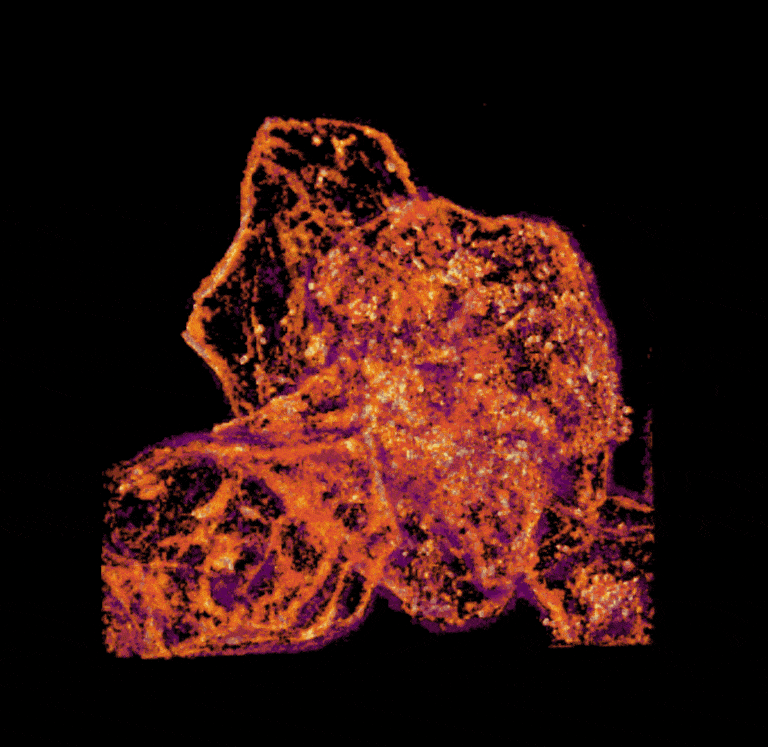TEACHING

Computational Imaging
EN.520.458/658
Computational Imaging (CI) combines advanced computer algorithms with imaging sensors to capture and interpret the physical world. This interdisciplinary field has diverse applications, including smartphone cameras, AR/VR displays, autonomous driving, computed tomography (CT), magnetic resonance imaging (MRI), microscopy, and even black hole imaging. In this course, we present a unified framework for a wide range of CI problems through the lens of inverse problems. Students will explore both classic and modern algorithms for solving these problems and apply them to real-world imaging challenges. The course is structured as follows. Part I: Inverse Problems, Bayesian Inference, Image Priors. Part II: Maximum A Posteriori (MAP) Estimation, Optimization-based Methods, Gradient Descent, Proximal Gradient Method, and Alternating Directions Method of Multipliers. Part III: Minimum Mean Squared Error (MMSE) Estimation, Monte Carlo Method, Variational Autoencoder (VAE), Score-Matching Langevin Dynamics, Diffusion Models. The course will also cover the basics of optimization and image processing, providing essential foundational knowledge.
Prerequisites: Linear Algebra, Probability, Signal and Systems & Machine Learning
Preferred Background knowledge: Real Analysis, Optimization & Measure Theory (a touch).

Optimization
EN.520.430
Optimization is a fundamental tool across science and engineering. This course aims to provide a comprehensive introduction to convex optimization. Topics include convex sets, functions, and optimization problems; optimality conditions; constrained optimization; widely used algorithms such as gradient methods, project gradient descent, Newton’s method, and proximal algorithms. Emphasis will be placed on both the theoretical underpinnings and practical implementation of convex optimization techniques in computational imaging and machine learning. This course will serve as the preliminary course for Modern Convex Optimization.
Prerequisites: Matrix and Linear Algebra & Calculus
© Copyright 2025 Hopkins Computational Imaging
Electrical and Computer Engineering
Department
3400 North Charles Street
Baltimore, MD 21218